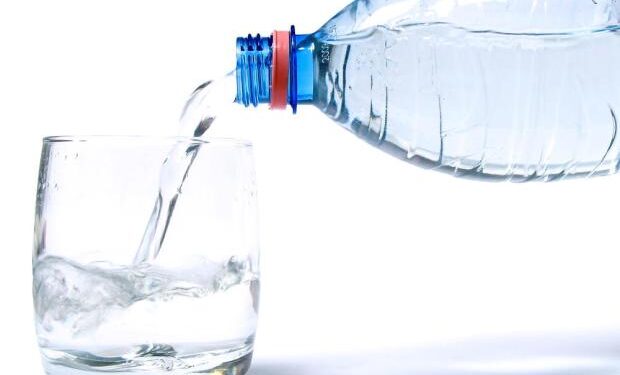While summer is in full swing, a statistic continues to disturb water resources specialists: Tunisia ranks 4ᵉ in the world in bottled water consumption per capita. An unchanged figure since 2023, revealing an increasing disavowal towards tap water, and of a breakdown public management.
“The average annual consumption of bottled water reaches 244 liters per person, which represents a monthly cost of 135 to 140 dinars for an average Tunisian family,” said Hussein Rehili, expert in resource management, during several recent interventions.
A sum that weighs heavily on family budgets, but which translates a deeper reality: the crumbling of confidence in the public water service. Despite a slight improvement in dam levels this year (40 % filling against 27 % last year), the country remains permanently classified in a water stress situationwith less than 400 m³ consumed per person each year – far from the 700 to 900 m³ standard recommended.
Public water with degraded quality
The report of the Tunisian organization for economic and social rights, published in September 2023, had already questioned Public service failurepointing to a deterioration in the bacteriological quality of the samples distributed by the SONEDE: 10.1 % non-compliance in 2020 against 9.9 % in 2019.
This reliability deficit, accumulated at Failive institutional communicationnourished the rush towards bottled water. A flourishing market: 30 production units spread over 13 governorateswith a notable concentration in Kairouan (6 units), Zaghouan (5) and Siliana (4).
The paradox is striking: While the State calls for rationalizing consumptionit multiplies industrial operating authorizations, including in agricultural areas in water tension. Farmers are struggling to obtain access to the resourceaccording to the OTDES.
A structural choice to make
The trivialization of bottled water in Tunisia is therefore not a simple choice of comfort, but a constraint imposed by the weakness of the infrastructure and the erosion of the quality of public service.
At a time when climate change amplifies inequalities in water access, Tunisia must decide: strengthen equitable access to drinking water or continue to delegate thirst to the private sector. Because behind the bottles, it is the state that disengages.








